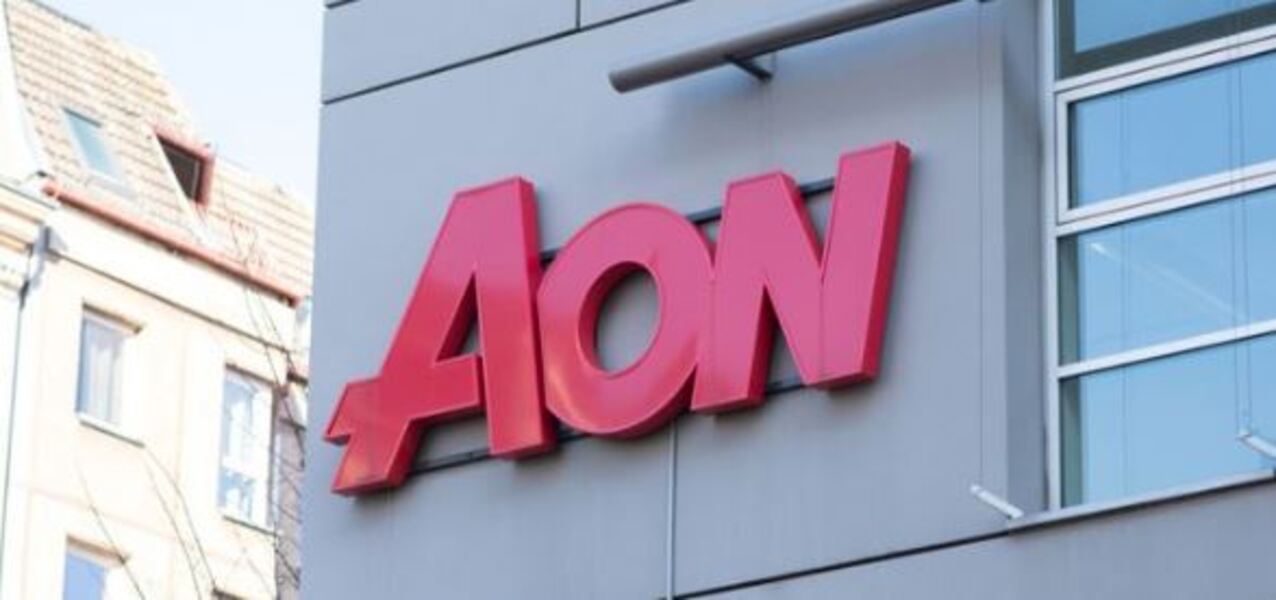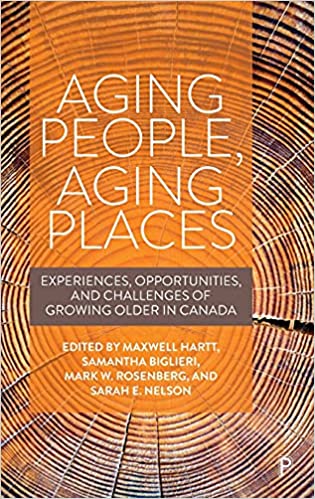The Role of Longevity Annuities in Different Socioeconomic Classes: A Canadian Case Study
By Rui Zhou, Johnny Siu‐Hang Li & Kenneth Zhou A longevity annuity is a deeply deferred annuity which begins payments very late in life. By transferring some of the risk of outliving retirement savings at advanced ages to annuity providers, longevity annuities provide retirees with enhanced later-life financial security. This paper aims to investigate the impact of longevity annuity provision on retirement income planning for Canadians, on the basis of the tax rules and retirement system in Canada. The research...










